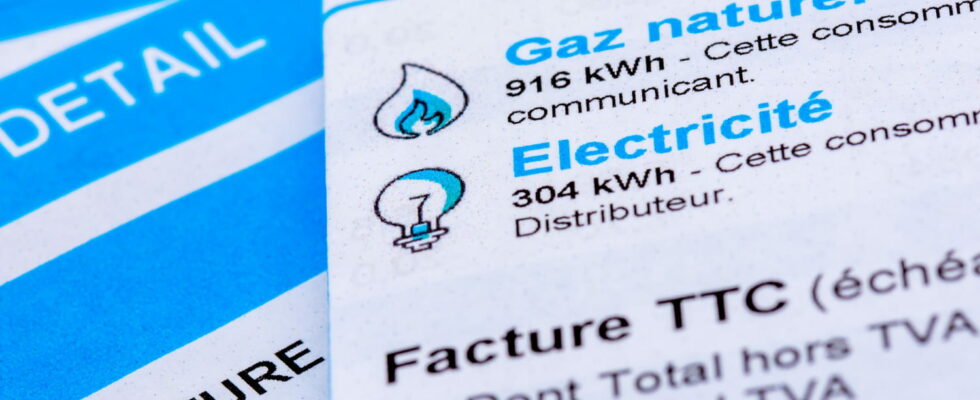European regulations will impose a change in gas tax and electricity in France. This modification will result in an increase in energy bills for many households.
From August 1, 2025, millions of French people will see their gas and electricity bill increase due to a new tax reform. This increase mainly results from the increase in VAT on energy subscriptions, which will drop from 5.5 % to 20 %. Imposed by European regulations, this measure aims to harmonize taxation on all energy services. However, despite tax adjustments to alleviate this increase, many households may see their energy expenses climb.
The increase in VAT only concerns the subscription part of the invoice, without directly impacting energy consumption. However, this fixed component represents a large part of the expenses for many households, especially those that consume little. To compensate for this increase, the government has decided to reduce the excise rates on electricity and gas. This tax, which represented between 12 and 15 % of energy bills, will be lowered, going from € 33.70/MWh to € 29.98/MWh for electricity and € 17.16/MWh at € 15.43/MWh for gas.
Despite this drop in the excise, the impact on households varies depending on their consumption. The most energy -consuming homes, such as those living in houses of 120 m² heated to gas, will benefit from a relative decrease in their invoice. According to the estimates of the Selectra comparator, the drop in the excise coupled with the increase in VAT would be especially beneficial to high -consumption households, exceeding 18,400 kWh per year. Conversely, small consumers, especially those living in an apartment and heated to the gas, will see their annual bill increase slightly. For example, an apartment of 50 m² could see its gas budget go from € 1,80 to € 1,300 per year.
Regarding electricity, the reform will have a contrasting effect. Households using electric radiators could see their invoice decrease slightly thanks to the drop in the excisees. On the other hand, very small consumers of electricity, that is to say those consuming less than 4,500 kWh per year, will be penalized by this increase in VAT without benefiting from a sufficient reduction in other taxes. For example, housing with an annual consumption of 7,700 kWh could see its bill drop by a few euros, but a home that will not see only a clear increase.
This reform is part of a context of energy transition and financing of infrastructure in non-interconnected areas, such as Corsica and the overseas territories. A fixed amount of € 4.89 per MWh consumed will be applied to cover production costs in these areas, an additional cost hitherto only borne by electricity consumers. This additional tax, although moderate, is added to other tax changes, helping to complicate the evolution of energy prices.
Faced with these changes, it is essential for consumers to adapt their energy consumption and check the offers available on the market. Compare electricity and gas suppliers could help alleviate the impact of these new measures on the household budget. In the meantime, this reform raises many questions about the purchasing power of the French and their ability to cope with these successive increases.
